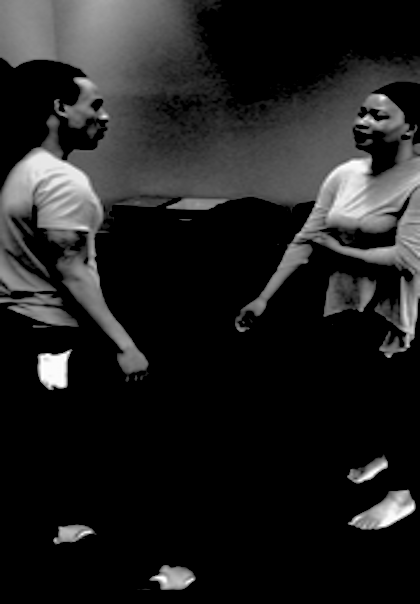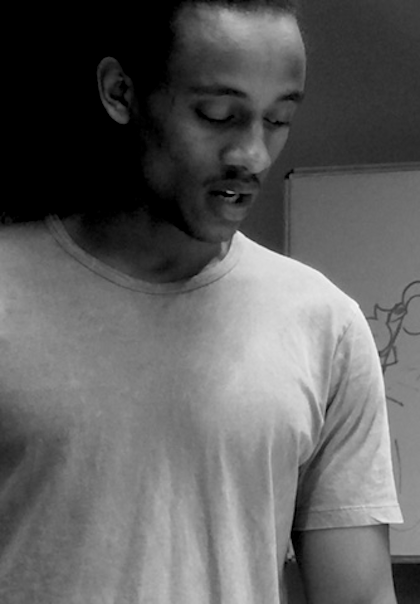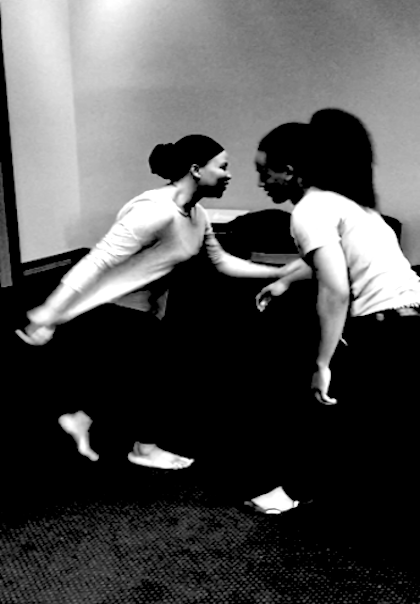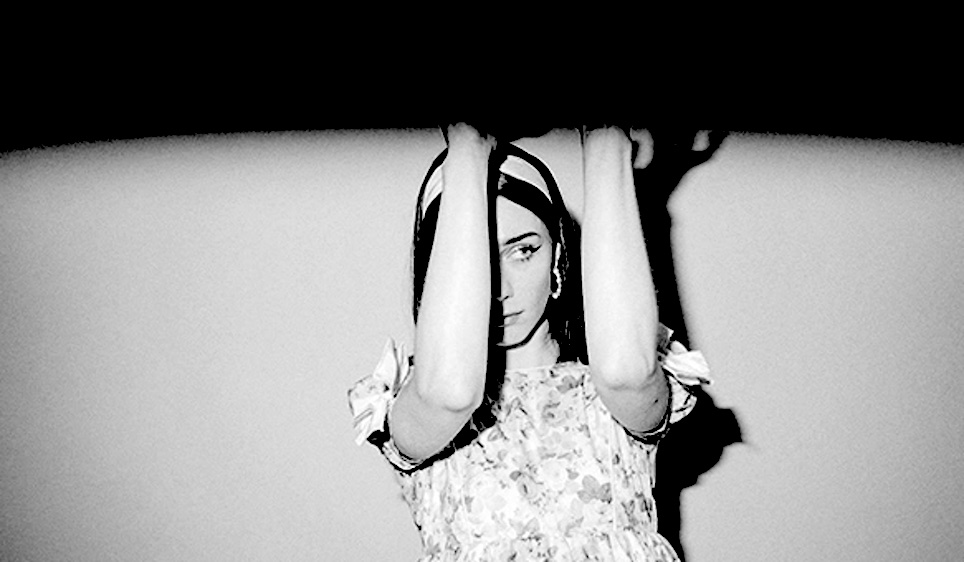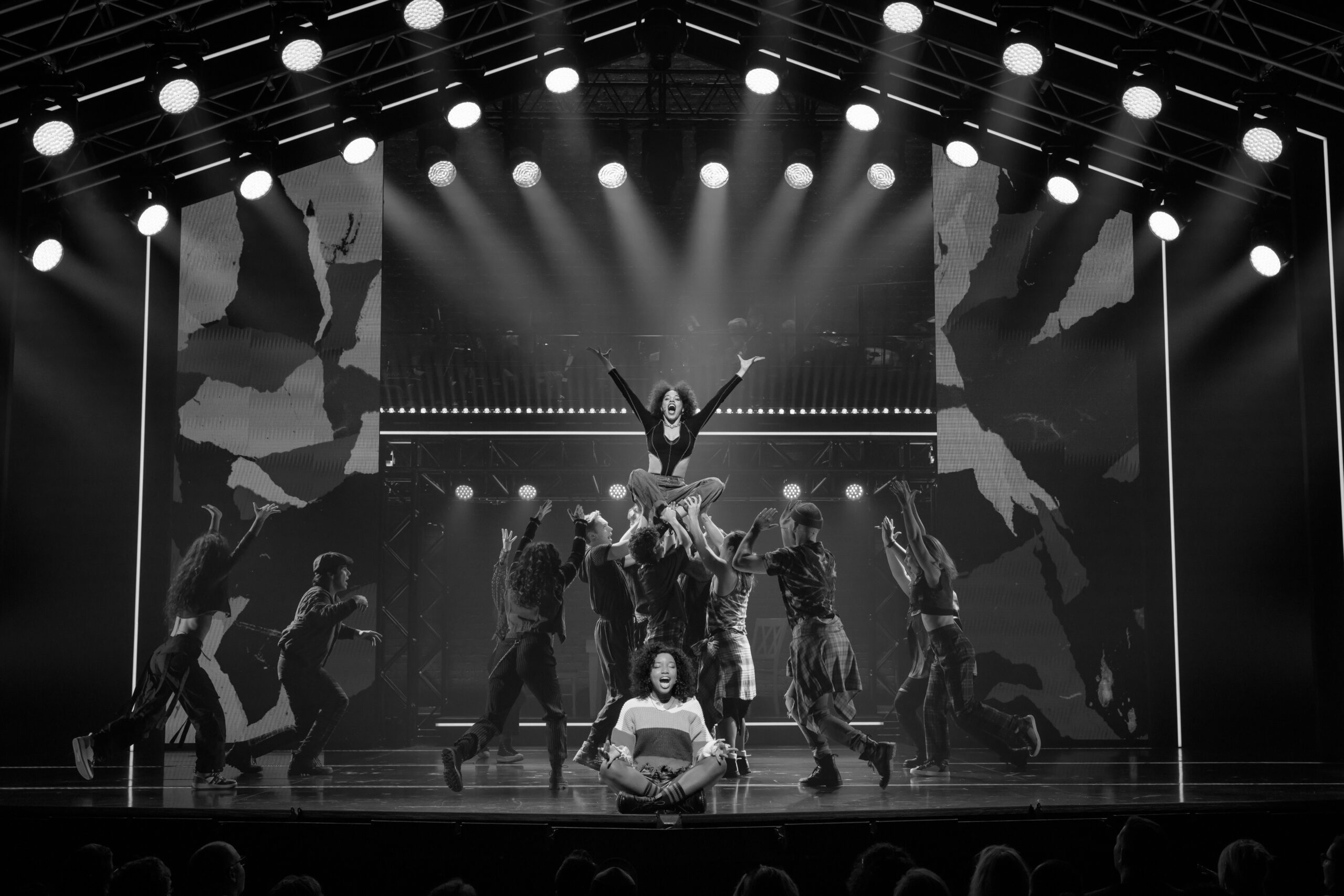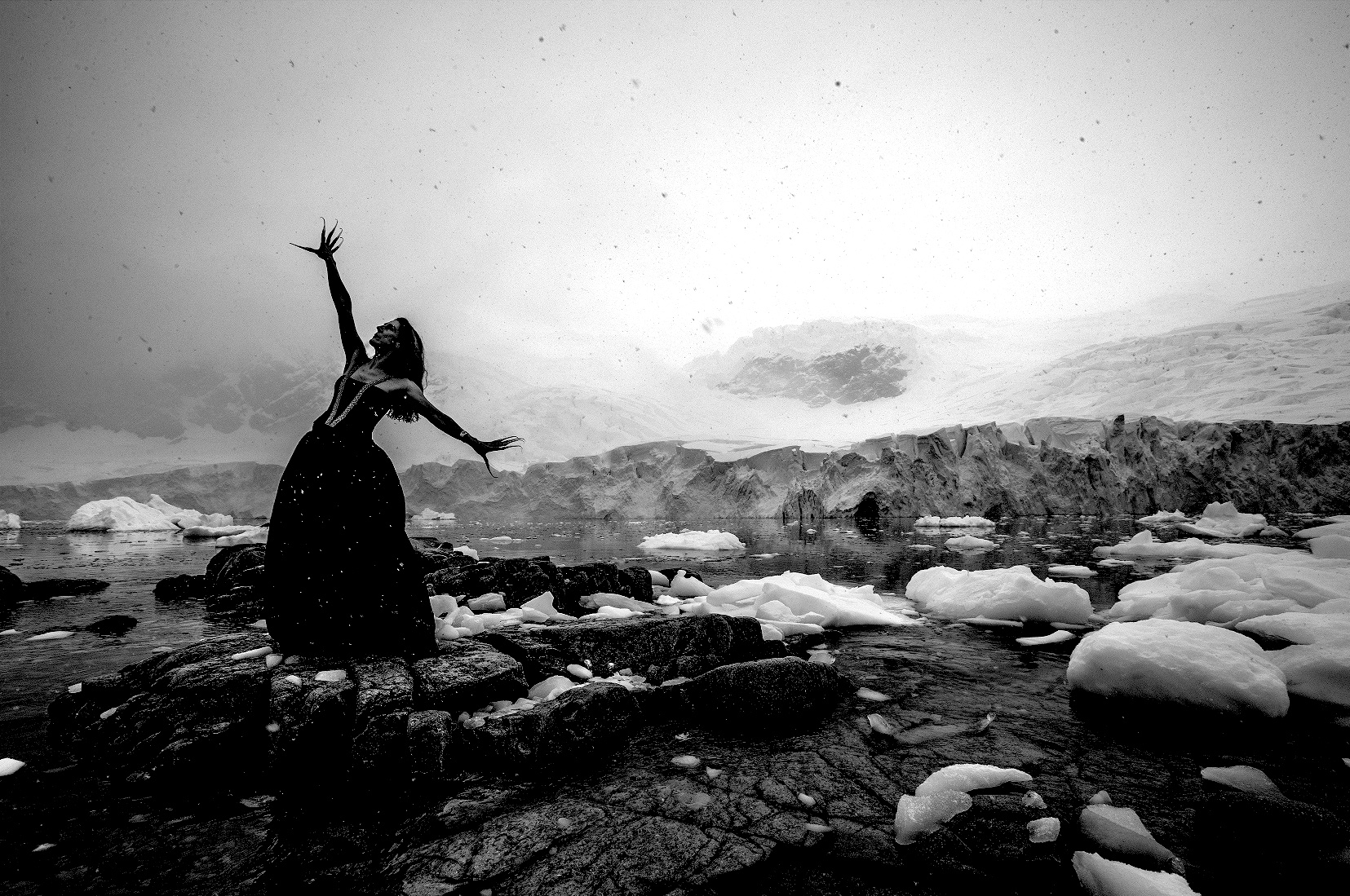THE GRACEFUL GIRAFFE
A production by VCA, The Graceful Giraffe Cannot Become A Monkey is a stinging indictment of European colonialism. Penned way back in 1966 by Ogot p’Bitek’s Song of Lawino and Song of Ocol here made modern and adapted for the stage by local independent maker, Steve RE Pereira, Joined by this local luminary are performers Caroline Muchineripi and Sami Obama. With the Melbourne Critique, Pereira spoke on his ever expanding list of creative achievements, drive, and this stories new found importance in response to the contemporary.
Tell us about your current position as Director of the Sunshine Film festival.
The Sunshine Short Film Festival is actually now in its 6th year and has gone from strength to strength. It is a community-based festival which focuses on first time filmmakers and is very much about giving people, particularly those from marginalised communities, a chance to tell their stories and see themselves reflected on the big screen. This year we were particularly proud to have two films about gender diversity and one LGBTI film in the festival. That is a big deal in suburbia where mainstream films dominate.
What is the inspiration behind your current production?
Okot p’Bitek’s The Song of Lawino and The Song of Ocol are texts I studied in high school in Tanzania and I was immediately captivated. It was one of the very texts that talked directly about the African experience of colonialism but did so in a very humorous, bawdy and sexually aware way that was very refreshing for the time. Also as poems written in the oral history, storytelling tradition, they struck me as being inherently dramatic and very adaptable to a performance mode.
Why do you feel this is an important story to tell?
The songs, while humorous and bawdy, are a very real narration of the impact of European colonialism and imperialism on the African people and is a real indictment of the social, cultural, political and economic subjection of colonized people all over the world. The poems chart how that colonial subjection continues today in the way that Western countries continue to deal with migrant and minority populations. It is very relevant to the contemporary Australian situation. The only way we can move forward if we understand the past and how it impacts on our contemporary life and how we can negotiate for a shared future.
Okot p’Bitke was a very politically aware writer and a cultural activist. He was not only a writer but a theatre director and festival organizer. He started the internationally recognized Gulu Arts Festival in Uganda to celebrate local arts and artists. As a community-based cultural producer I find him an inspiration. We are both about ensuring people at all stages of their lives and careers have a voice and encouraging people to develop their creative side in order to express themselves and validate their lives and experiences in a society which continues to tell them that they don’t matter.

